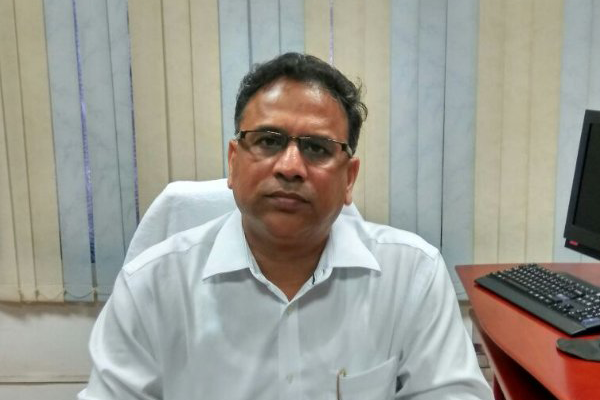
In an effort to improve service delivery to the citizens, the Revenue Department of the Government of Delhi has rolled out guidelines for sub-registrars on the documentation of properties.
Divisional Commissioner Sanjiv Khirwar issued the guidelines. As per theses, all sub-registrars have to comply with all provisions of the Registration Act, 1908 and the Indian Stamp Act, 1899, and other relevant statutes and orders from the Revenue Department. Further, documents for which the registration is compulsory to include sale deed, gift deed, partition deed, mortgage deed, lease deed for a term exceeding one year, and other non-testamentary instruments.
As per the guidelines, all other documents apart from these have to be presented for registration within four months of execution. In case the document is not presented within the stipulated time, then the registrar may impose a payment of a 10-fold fine to allow it. Also, any person other than those parties to the document and witness will not be permitted to enter the sub-registrar office, the guidelines added.
The people involved in the registration process will be recognised through their Aadhaar number or enrolment slip. In case they do not own any of that, they’ll be asked to apply for the Aadhaar card immediately. An enrolment slip should be provided to such a party to take forth their registration process.
Also, the guidelines suggest that an endorsement by the sub-registrar must be made that the person executing the documents agrees to the execution of the instrument and he or she is completely aware of the salient features of the contents of the instrument. As and when the parties submit their documents duly executed, the sub-registrar will sign the endorsement immediately under sections 52 and 58 of the Registration Act.
In case of any discrepancies, the guidelines says, the sub-registrar will issue a system-generated deficiency memo through the Delhi Online Registration Information System (DORIS) on the same day. Also, the documents will not be kept awaited for any reason once the deficiencies are done away with or after the expiry of the time period mentioned in the memo.
Apart from this, the newly issued guidelines also address property dispute issues. It says, the sub-registrar will update on the same day on the DORIS portal as and when he receives any information of any kind of property dispute. Only a system-generated notice through DORIS portal shall be given by the sub-registrar to the concerned party. Three days’ time will be given to them to produce any stay order from a competent court of law.
It also clearly states that the sub-registrar shall not keep any document pending because of a complaint made by any party unless he gets a copy of a stay order granted by a court to maintain the status quo or restrain the transfer of the property. If any document is presented free of any dispute and discrepancy, it must be registered in a day’s time. Latest by the day after the documents were presented. Also, it jas to be ensured that the registered document is delivered on the same day.
Also Read: ‘Switch Delhi’ campaign promoting EVs gain mass support from youth: Delhi Govt
Following compliance with the provisions under sections 34, 35, 58, and 59 of the Registration Act, the certificate of registration is to be endorsed. This certificate will pose evidence for the registration of the property.
Hence, after the documents are completely scrutinised as per all legal respects, the sub-registrar will finally issue the registration certificate under section 60 of the Registration Act and will put his signatures on the same.
The guidelines also provide for regular monitoring of sub-registrar offices. On a monthly basis, the concerned registrar would prepare a consolidated assessment report and forward the same to the Inspector General of Registration (IGR).
(With inputs from PTI)





















